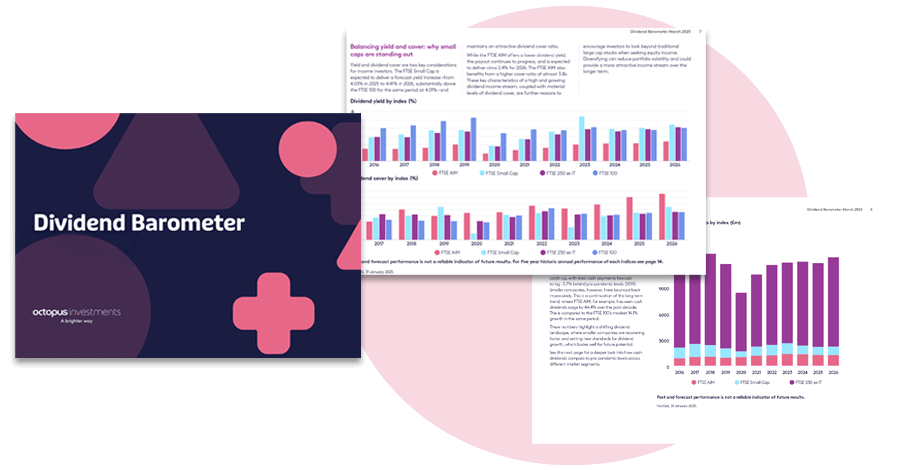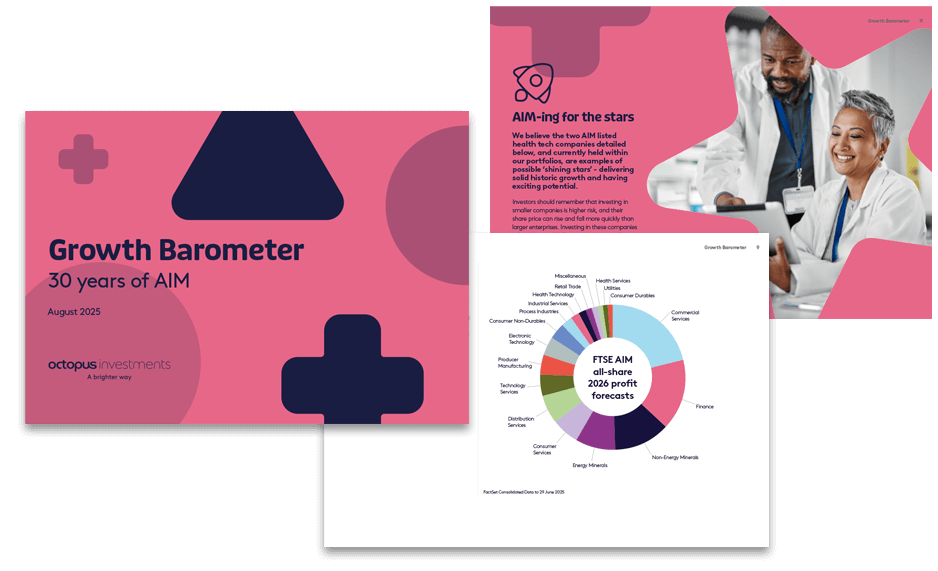
Owen Cook
Chartered Financial Planner, Ablestoke
How did you become a financial adviser yourself?
I got into financial advice by accident. I was made redundant at 22, and literally someone told me to check out the graduate section of The Times and there was a little advert saying, ‘Piccadilly-based consultancy seeks five high-calibre graduates’. I went along to an interview and it was an IFA practice in the West End. At that point, I had no idea what it was really about, because I had just finished a job in business consulting. But I was like, do you know what? It seems interesting. You get to meet lots of different people. You solve problems and help them with their future.
I was brought in as a 22-year-old and self-employed and I became a partner in that business a year later because quite simply, it was find 100 clients, generate as certain volume of business out of those people, and you’re good. Obviously now, though, with going through RDR, MiFID, etc, the barrier for entry is obviously significantly higher.
How have you approached recruitment?
Two summers ago, I had a guy do some work experience just for two weeks. He really enjoyed it and said, “when I graduate, if there’s a role available, I’ll be happy to put myself forward”. He got a First from Nottingham in maths, but he was also captain of the football team, which basically meant he would have a solid grasp of numbers, but he would also be a really good bloke with people skills. So a really good mix.
If he hadn’t have joined us, he would have naturally gone into either accounting, finance or asset management. But his experience with me meant that he got to see the environment, how you basically write your own paycheques based on the efforts you put in. So, he got excited about that opportunity. You’ll probably earn more money faster in the city, but you might have to sell part of your soul to the devil to get there.
Our strategy was for him to come on board as my right-hand man, to help with all the RDR admin that’s got to be done for my clients, ongoing reviews, all that stuff. So, it’s kind of a paraplanner support role, working under my wing, just learning everything. He’s been introduced to my clients, so they are used to responding to us both.
I’m in a fortunate scenario where I am at capacity. I’ve got basically too many clients. So there’ll be bottom tier of clients that I’ll basically just give away once he’s done his exams. In reality, he’ll probably be licenced in another year. So, he will have had two years of experience, plus two years of basically me essentially funding his salary. I can afford to do that because I’ve got an established client base. That’s a slow growth strategy. Then I’ll probably need to recruit another person, because as he goes on to generate his own clients and business out of my client base, I’ll keep on bringing on board new clients and more assets.
I can’t keep on taking on board 30 new clients a year, without essentially getting rid of 30 new clients a year. So, obviously it’s way more profitable for me to continue finding new clients, and giving away those lower value clients at the bottom.
In the wider Ablestoke group, we have another strategy of basically paying a modest salary, get them qualified to be able to do protection obviously, because that’s the quickest thing you can do. So, you can get that up and running quite quickly, and they’ll also do a support type role. And then they have to start going out and finding their own clients through networking strategies. But it can still be a slow process, because a 23, 24, 25-year-old typically doesn’t have a big network of potential clients. It also takes time for them to be confident and competent enough for a more established client to say, I want to do business with you.
The whole self-employed model is pretty much falling on its face, unless you are obviously an established person with an existing network.
Why do you think financial advice is seen as ‘corporate’?
There is a massive issue with perception. It’s really not a very corporate job at all. Even my own relatives don’t really know what I do. Some of them know I’m working in something to do with money and I give advice, but the relatives you don’t see that often, you’ll hear them go, this is Owen, he’s an investment banker.
There’s a problem with misconception, but also no conception at all. Lots of people simply don’t know what financial advice or financial planning is. And obviously, the reputation of the industry is definitely cleaning itself up. Being more fee-based, I think there’s fewer bad experiences. Although there’s certainly still poor outcomes out there.
Is technology the key to closing the advice gap? Or is it more complicated than that?
Technology obviously should be a massive enabler. Essentially, as every single year that goes by, there’s more regulation, more onerous tasks that have to be done. It’s a litigious world, and therefore as a financial adviser, you are essentially guilty until proven innocent, rather than the other way around. So, just like on some of the documentation, there’s a massive conflict between what the regulator wants, versus the ombudsman.
I think in the restricted, vertically integrated model, technology is even more useful, because essentially, it’s decision tree, and you either get the blue one or the green one scenario. In the IFA world, where actually you’ve got to demonstrate your research and demonstrate that whole of market view, it’s just that little bit more complicated.
Apple has been successful because its software is intuitive. A three-year-old can pick up an iPad and work out how to use it. Whereas some of this financial technology overcomplicates things and you could capture data to the nth degree. You could end up doing a fact find and take four hours doing it if you really wanted to. But that’s no advantage to anybody.
Having slick software that obviously prepopulates things in the right way should definitely there. Because there’s far too much cutting and pasting in our industry, logging into far too many different systems. I also think there are too many systems that are effectively sticking plaster over problems. And then, you just add other little bits on top and it actually ends up being very clunky.
For me, whatever we use has got to be user-friendly, but then it’s also got to be suitable for compliance. And then, it’s also got to be a payment system. And that’s what I think is odd, that no one’s cracked that yet.
Introduction

Introduction
The advice gap looks set to grow substantially – with significant implications for the financial advice profession.
Chapter 1

Chapter 1 – Why the advice gap looks set to grow wider
Learn why the advice gap looks set to grow wider and why outdated perceptions of the profession are making recruitment more difficult.
Chapter 2

Chapter 2 – Raising awareness of financial advice as a career
This chapter outlines how we can attract the next generation of talent as well as the significant commercial benefits of doing so.
Chapter 3

Chapter 3 – Harnessing technology and new ways of working
Technology has huge potential to help close the advice gap, but where should you start, and what are the barriers that still need to be overcome.
Contributor profiles

Contributor profiles
Still want more? Here you can find extended conversations with some of the report’s contributors.
Related Insights

14 May 2020
Four ingredients to grow your business through professional connections
Hear from Strategic Partnerships Manager Charlotte Fairhurst on how to set yourself apart when establishing professional connections.
Want to find out more?
Contact us to find out more about our institutional offering.






